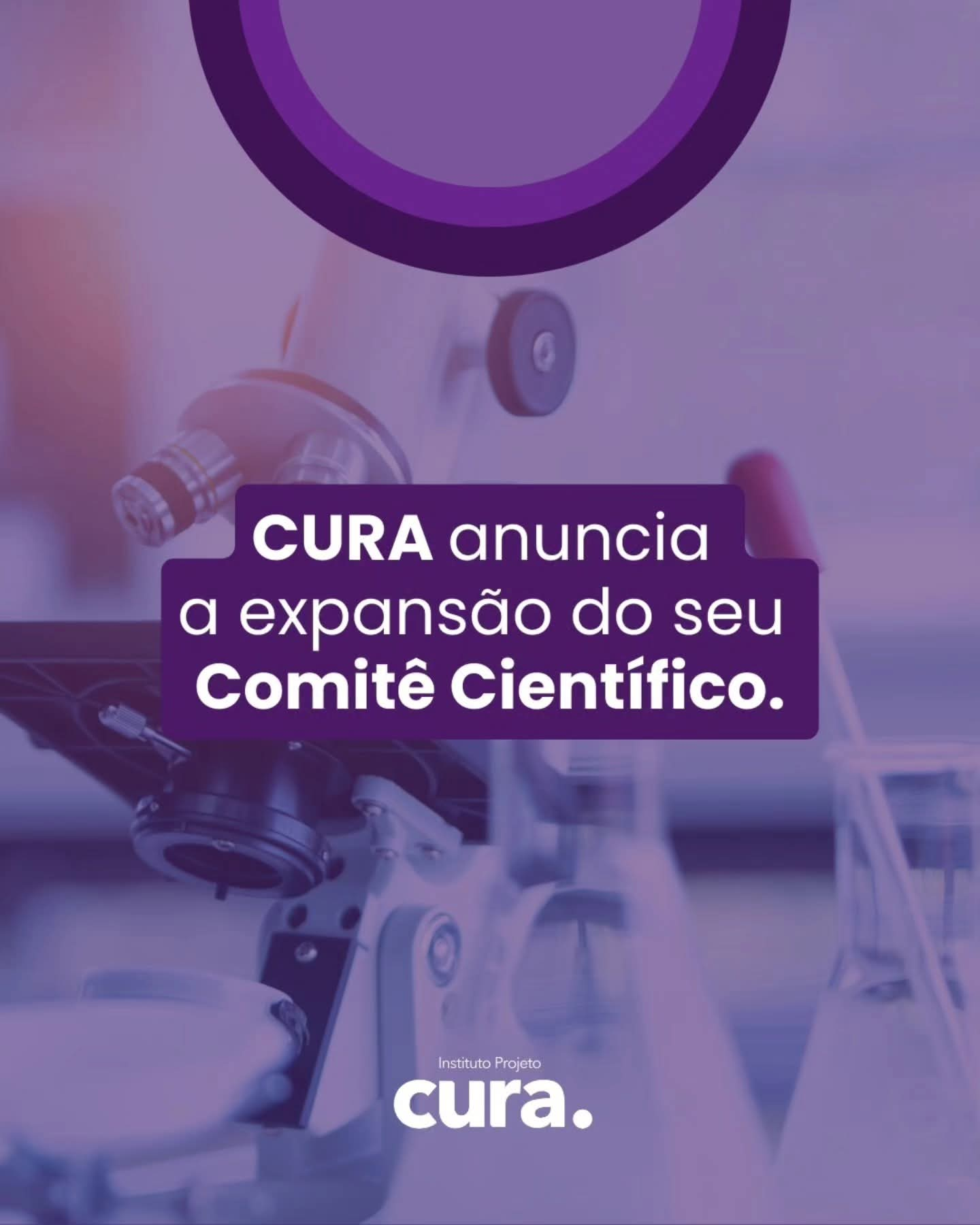21/5/2025
The new Clinical Research Act and the continuity of post-clinical trial treatment
Law No. 14.874/2024 represents an important milestone for the regulation of clinical research in Brazil, bringing significant advances and changes, especially with regard to the continuity of treatment with experimental drugs after the end of clinical trials.
To clarify and update this topic of great relevance to patients, health professionals, researchers and sponsors, the Cura Project Institute, with the collaboration of the lawyer specializing in the Right to Health, Jéssica Leda, presents a detailed analysis of the main points of the new legislation.

Follow the full content and understand how the new Law impacts the guarantee of access to experimental treatments, the legal criteria for their continuity or interruption, and the fundamental role of the Research Ethics Committees in this process.
Law No. 14.874/2024 establishes new guidelines for clinical research with human beings in Brazil, including specific provisions on the supply of experimental drugs after the end of studies.
Until the enactment of the new Law, Resolution No. 466/2012 of the National Health Council (CNS), the sponsor of the study was required to guarantee, for an indefinite period, free access “to the best prophylactic, diagnostic and therapeutic methods that proved to be effective”. With the new Law, however, this obligation may be interrupted under certain circumstances, subject to justification submitted to the evaluation of the Research Ethics Committee (CEP).
Post-Study Access Plan
Before the start of the clinical trial, sponsors and researchers must submit a post-study access plan to the CEP, justifying the need - or not - of continuing the free supply of the experimental drug after the end of the research, for participants who may need continued treatment.
Criteria for continuity of supply
According to the Law, free provision must be maintained whenever treatment is considered the best therapeutic option for the participant and when it presents a more favorable risk-benefit ratio compared to other available treatments. In addition, the decision must take into account aspects such as:
- the severity of the disease and its threat to the participant's continuity of life;
- the availability of satisfactory therapeutic alternatives for the treatment of the research participant, considering their location;
- if the investigational drug contains an unmet clinical need; and
- evidence that the benefit outweighs the risk in using the experimental drug
In these cases, the responsibility for the supply lies with the sponsor.
Hypotheses of supply interruption
The Law also defines situations in which the free supply may be interrupted, provided that there is justification and approval by the CEP, based on the criteria provided for in the Law itself, among which the following stand out:
- decision of the research participant himself;
- cure of the disease or health problem;
- introduction of a satisfactory therapeutic alternative;
- absence of benefit from continued use of the experimental drug;
- adverse reaction that makes it impossible to maintain treatment (at the researcher's discretion);
- impossibility of obtaining or manufacturing the drug (provided that a therapeutic alternative is provided);
- availability of the experimental drug in the public health system.
Presidential Veto of Article 33, Item VI
During the presidential sanction of Law No. 14.874/2024, item VI of article 33 was vetoed, which provided for the possibility of interrupting the free supply of the drug 5 (five years) after its commercial availability in Brazil. The justification for the presidential veto was that such a provision could compromise the rights of the participants and the conduct of ethical research, in disagreement with the principles of dignity, beneficence, and justice.
Despite the veto, Article 33 maintained other hypotheses of supply interruption, especially item VII, which authorizes the termination of the obligation when the experimental drug is incorporated into the SUS - Unified Health System.
Evaluation by CEP
In all cases, the interruption of the free provision is conditioned on the evaluation and approval of the Research Ethics Committee, as well as compliance with the criteria established by the Law.
At the Cura Project Institute, we continue to follow closely the changes in the regulatory landscape, always with the commitment to informing and strengthening the dialogue between society, health professionals, researchers and the public authorities.

%2013.33.47_cfc48876.jpg)
.jpeg)


